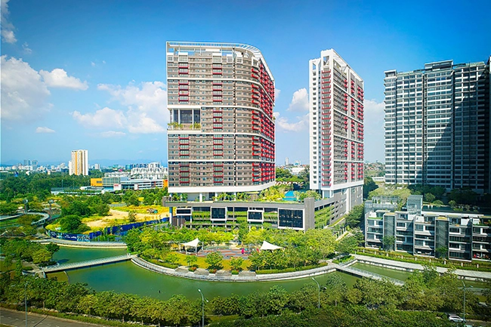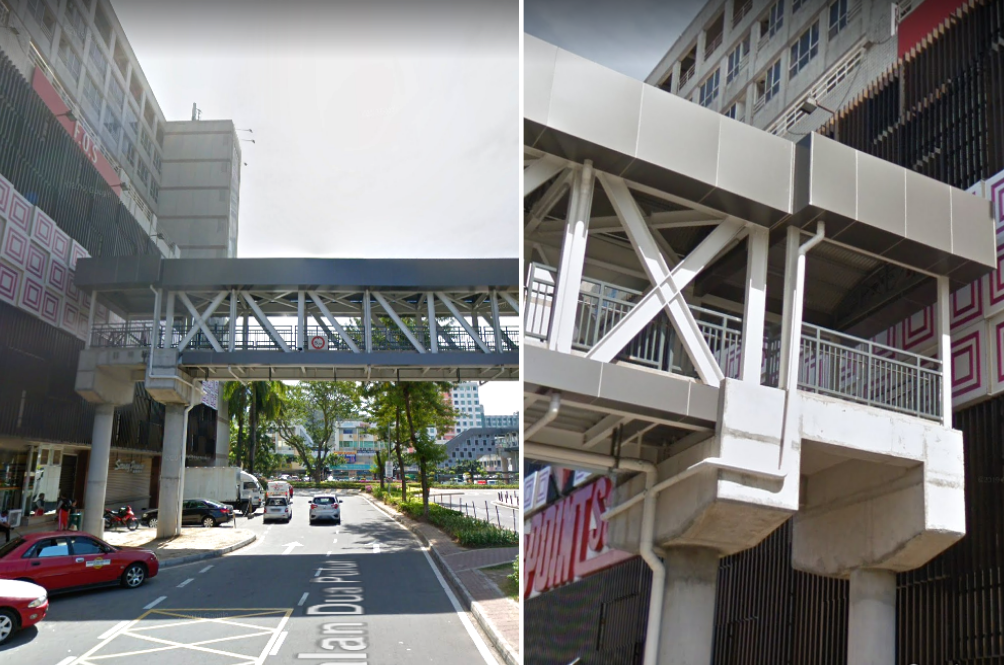Property investment is always interesting. Like I shared in my proprietary model of "Property Invest Quotient†(PIQ) on many occasions, there are only 4 ways to put your property to work hard for you - buy, sell, use (lease and rent included) and borrow. This results in only 2 types of outcomes - either yield (recurring cash flow) or appreciation in value (for disposal or refinancing). Nothing more, and nothing less.
There is also a general belief that the longer you hold a property, the better the appreciation of values. The underlining assumptions are; there is no fundamental economic failure in the system, there is continuous prosperity within the location and a growing population in the locality to go along with it. This, therefore, led to another belief that property investment is the best hedge against inflation.
Yet whatever beliefs that you have in relation to property investments, you cannot run too far away from the economic fundamentals of supply and demand. We were blessed in the past and may be more so in the foreseeable future as there is always a demand gap in a developing economy like Malaysia - it is not always the case for developed economies where demand is more predictable and the financing system more sophisticated in a liberal and less regulated environment (like the subprime crisis that has witnessed in 2008).
Increase in property prices has its roots in inflation, costs of living and most importantly the cost of replacement. The costs increase with building materials, professional liabilities, labour wages, technology advancement expectations, timely living expectations as well as regulatory compliance - all contributing to the defence as well as the inflation of property prices. In another word, property prices can always be benchmarked upon the price of the latest supply of similar quality in the same location. Therefore, property prices are always northbound in any developing economy. As we grow closer to a developed economy, the profit of the property developers will be thinning to accommodate the escalating costs and the acceptable price point of the demand in the market. Perhaps, this explains why house ownership is generally lower in developed nations where homeownership is a luxury beyond the reach of the middle-income groups. The cost of a safety net offered in these economies is also a factor.
To keep winning in property investment, one has to constantly upgrade himself as the industry is getting ever more sophisticated. Here are some factors to consider:
1. Leveraging is always the key. Look for financing packages that match your investment portfolio and risk profile. Look beyond the banks. You can get financing elsewhere too, and at lower interest.
2. Select a property with real expectations and eliminate uncertain speculations. Look for real demand with realistic value expectations. If you are offered a "Guaranteed Rental Returnâ€, ask yourself, would you buy without the guarantee and if yes, then it is more likely that you should invest.
3. Look for lower entry costs by negotiating with the developer and seller by reducing the fixture and fittings to a more friendly initial payment schedule. In short, cut the frills and tailor-make a payment scheme unique to your ability.
4. Conduct a stress test on your cash flow (with a period of no income) and assess your affordability. 5. Shop and learn the offerings in the market to keep up with the latest trends. It is a buyers' market now; you are spoiled for choice. Don't buy the first thing that comes to you, only fools rush in. You are never in a hurry when it comes to property investment. It is one of most stable commodities around.
6. To make the best profits, gain at entry but plan for the exit too. Tax planning is essential, you make whatever you save. Choice of an entity when investing as well as learning the types of taxes applicable will bring you a long way to making more money in property.
7. If you are buying from property developers, look for testimonials, background history and track records. Remember not all property offers are the same and not all developers are born equal.
8. Different types of property investments require different types of considerations. If you are used to investing in residential properties, there is a distinction between buying a residential unit in a mixed-use integrated development. Obviously, investing in an industrial development is a whole new ball game all together.
While property investment is relatively safe, it is not risk-free. Bear the above in mind and happy shopping in 2018 - for it is officially a "Buyers' Market†in the many hot spots in Malaysia.
.jpg)
_PH_Banner_(Desktop)(1200x180px).png)
.jpeg)







.jpg)
.jpeg)
